Everybody loves the nostalgic appeal of classic cars, but the reality of owning one isn’t all Sunday drives and admiring glances. Behind the nostalgia lies a host of challenges that might make you think twice. From ongoing maintenance headaches to the cost of restoration, owning a classic car requires commitment, patience, and a willingness to embrace its quirks.
There are plenty of reasons why owning a classic car might not be the perfect fit for everyone.
High Maintenance Costs

Replacement parts are often hard to find and can come with hefty price tags. Add to that the need for specialized mechanics who understand vintage vehicles, and your maintenance bills will quickly pile up. Even routine tasks like oil changes or tune-ups can become expensive endeavors.
Lack of Modern Comforts

Features like air conditioning, power steering, and advanced infotainment systems are either non-existent or far less effective. Classic cars usually lack the creature comforts we take for granted in modern vehicles. Long drives can feel uncomfortable, especially in extreme weather, making it less practical as a daily driver.
Limited Safety Features
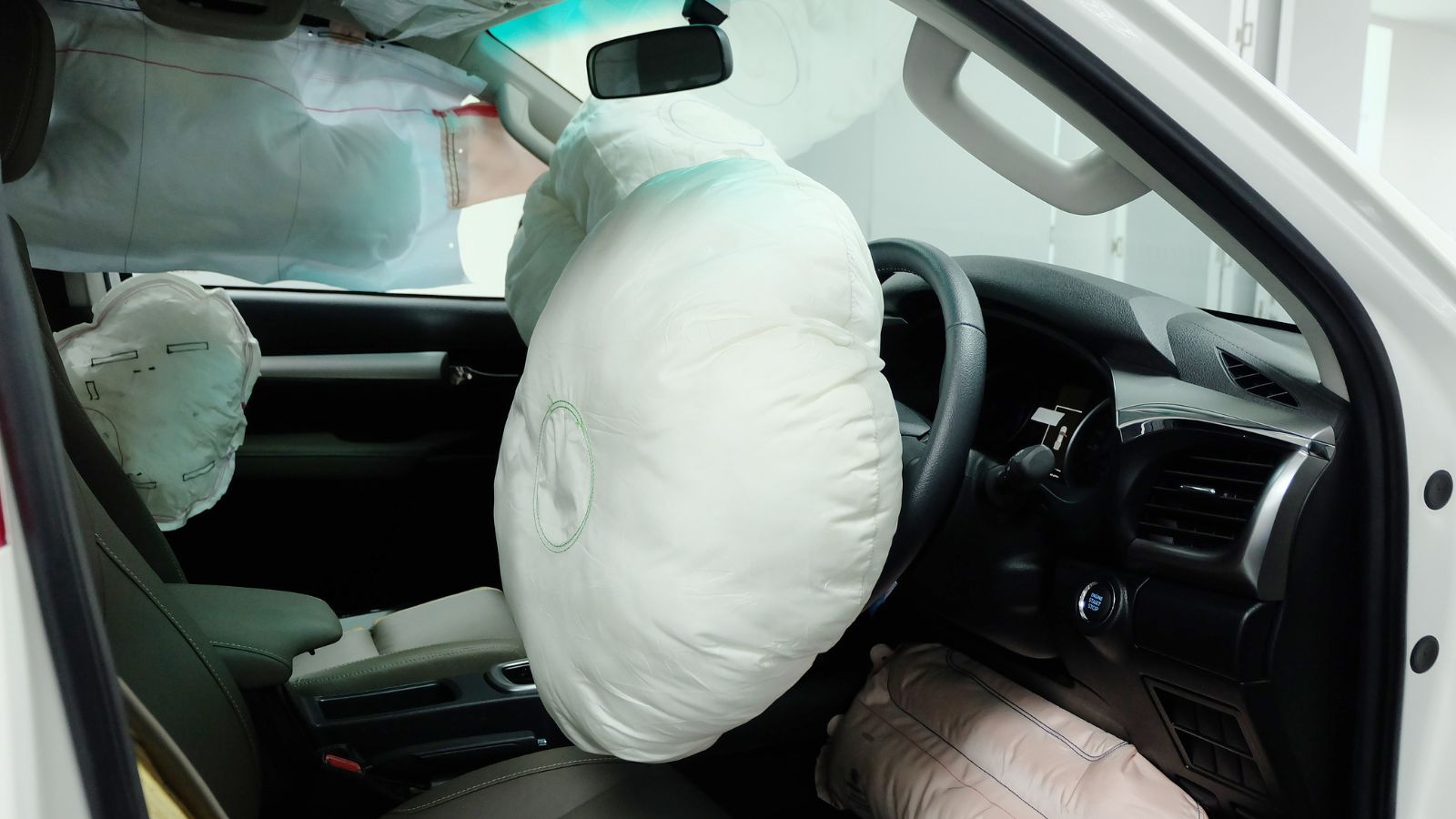
Many classic cars lack the basic safety features we take for granted – like airbags, anti-lock brakes, or crumple zones, that are standard in today’s vehicles. Older technologies seldom provide the same level of protection in an accident. If safety is a top priority, this could be a dealbreaker.
Fuel Efficiency Is a Struggle
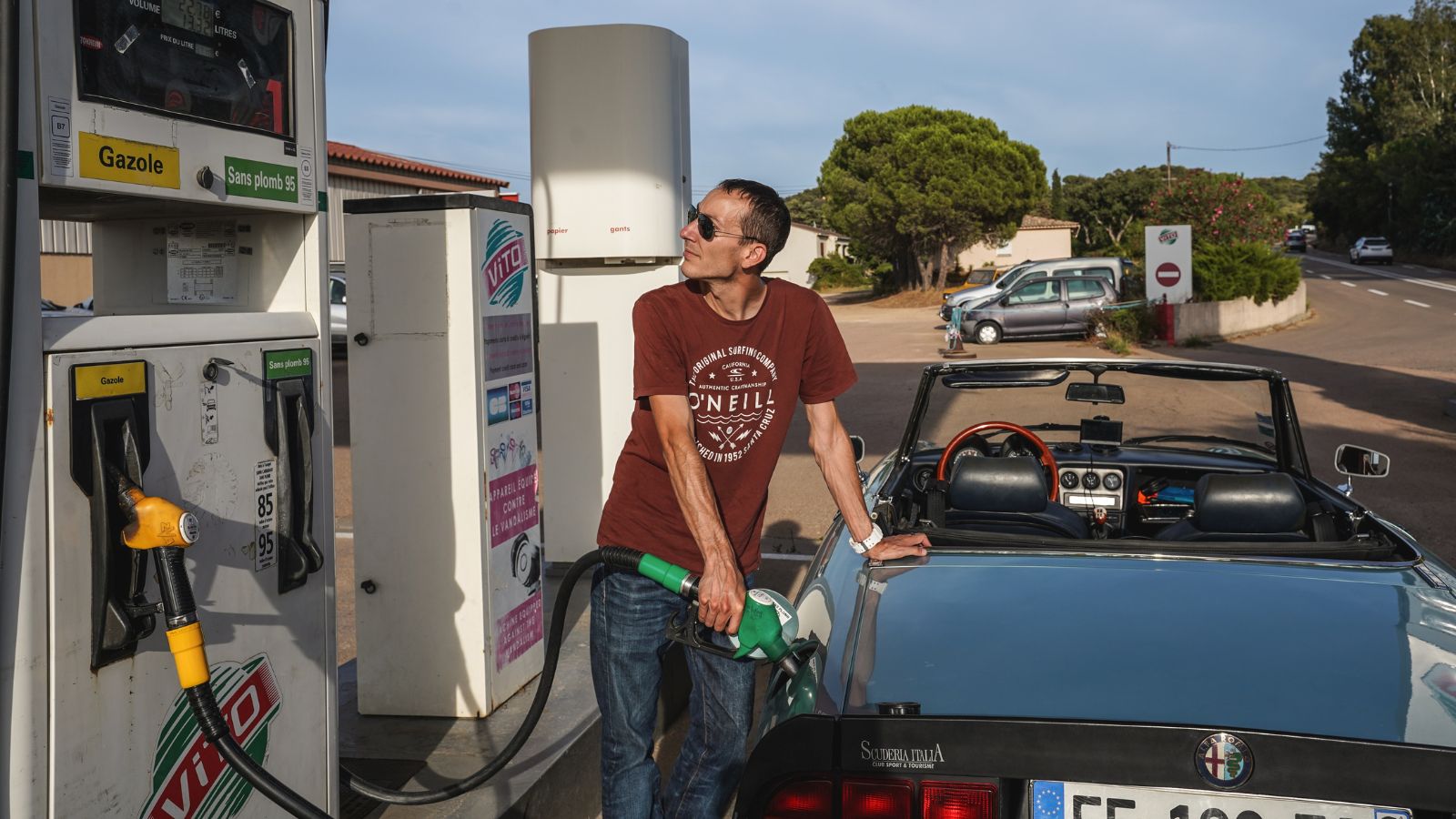
Classic cars were built when gas was cheap and fuel efficiency didn’t matter. Compared to modern vehicles, they guzzle gas at an alarming rate, making frequent trips to the pump inevitable. Rising fuel costs add an unwanted layer of expense if you plan on driving your classic regularly.
Reliability Concerns
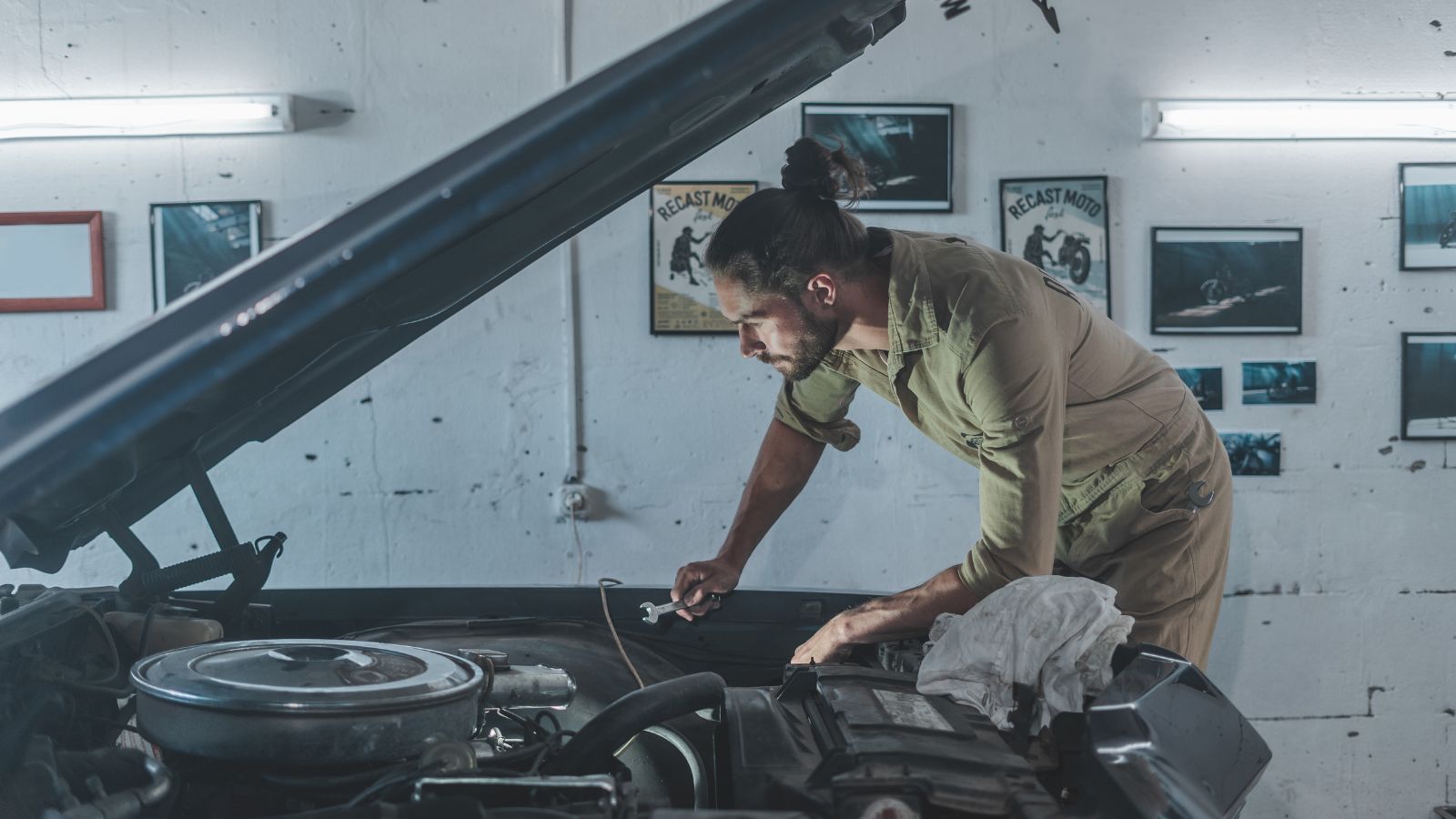
Classic cars often struggle with reliability. Breakdowns are common and finding someone who can fix issues on old-technology vehicles isn’t always easy. Parts fail more frequently and replacements can be hard to locate. You might find yourself stranded more often than you’d like.
Storage Challenges
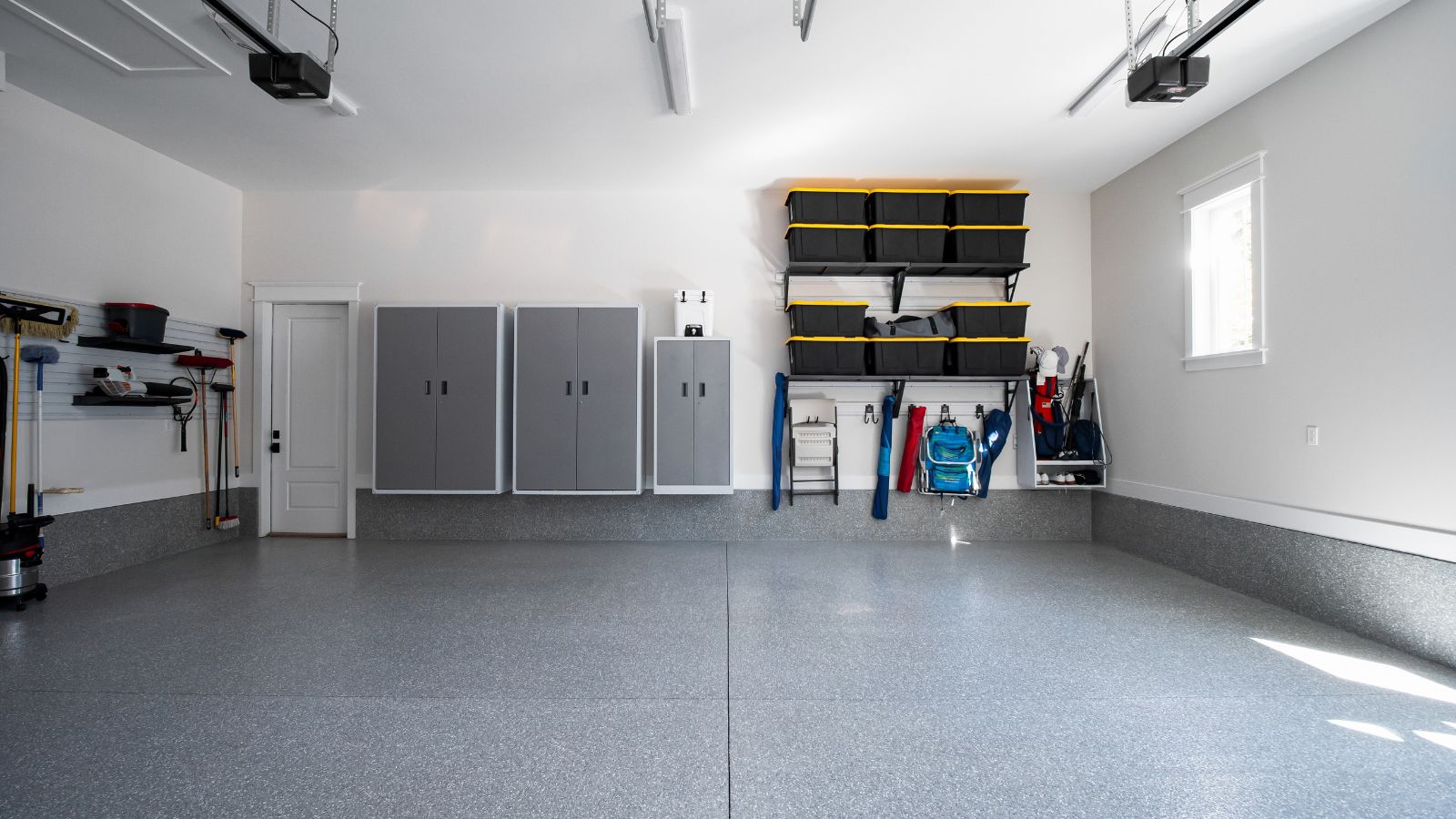
Classic cars require proper storage to maintain their condition, which means a garage or covered space is essential. Even then, temperature and humidity control might be necessary to prevent deterioration. Keeping one parked outside exposes it to weather damage, rust, and fading paint.
Insurance Costs

Specialty insurance policies are often needed for older vehicles, which can cost more depending on the car’s value and condition. Expensive rarities attract higher premiums. While some insurers offer collector policies for classic car owners, they usually come with restrictions on usage.
Time-Consuming Restoration
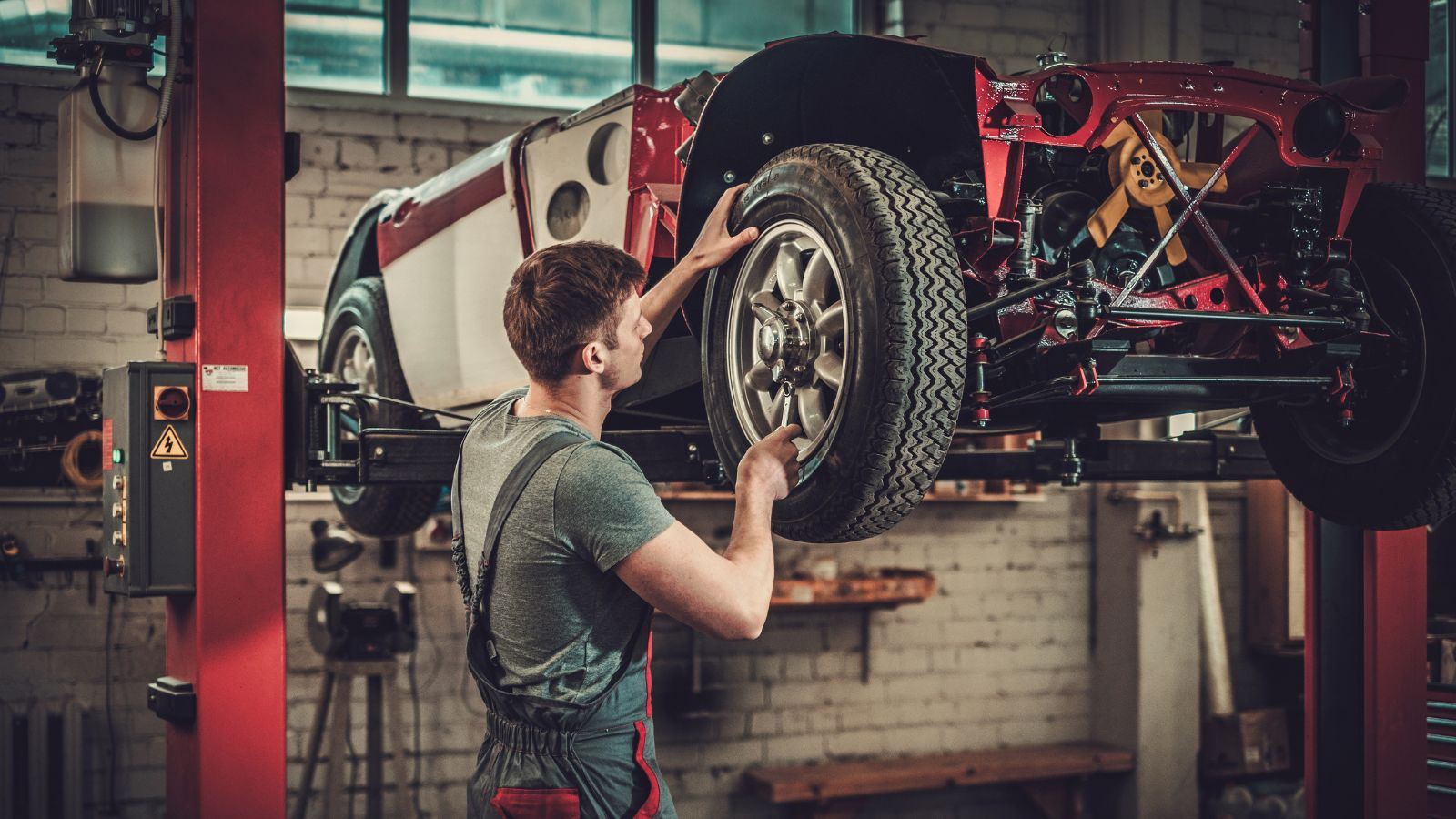
Even if you’re handy with tools, restoration of a classic is a long-term project that demands patience, time, money, and effort. Finding original parts, working with specialists, and managing the process can feel overwhelming.
It also needs stamina: many would-be restorers abandon their projects once the initial enthusiasm has worn off.
Lack of Everyday Usability
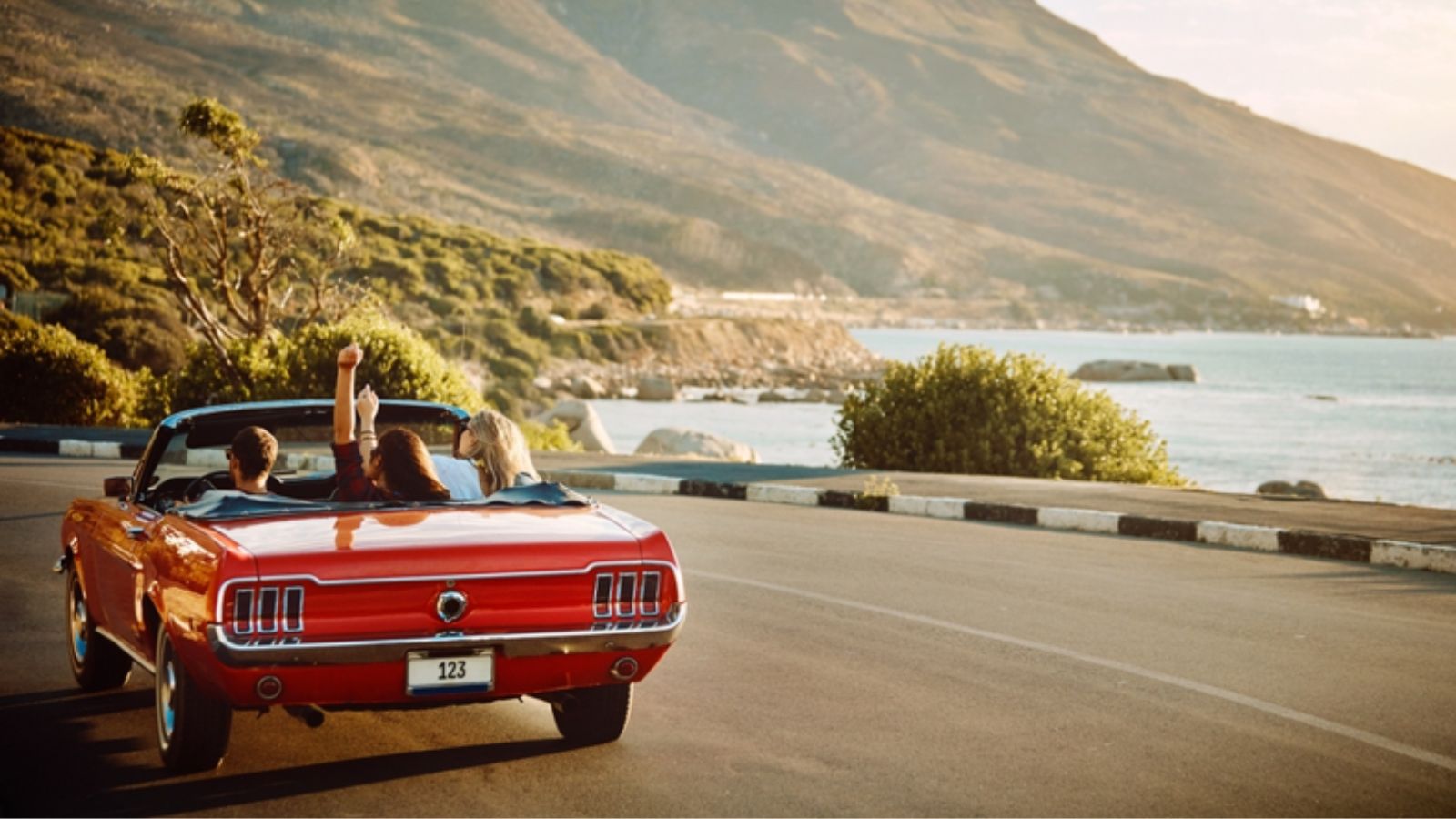
Limited trunk space, poor fuel economy, and less comfortable seating make classic cars ill-suited for daily commutes or long road trips. They’re usually reserved for occasional use, like weekend drives on sunny days – which might not justify the investment for some people.
Unpredictable Value

It is risky to rely upon a classic car as an investment, because values of older cars can be very unpredictable. Some appreciate in value over time, others lose money or stagnate in the market. You must also factor in the costs of maintenance and restoration, plus storage. Many classics owners will admit that classics are money-pits.
Limited Driving Seasons
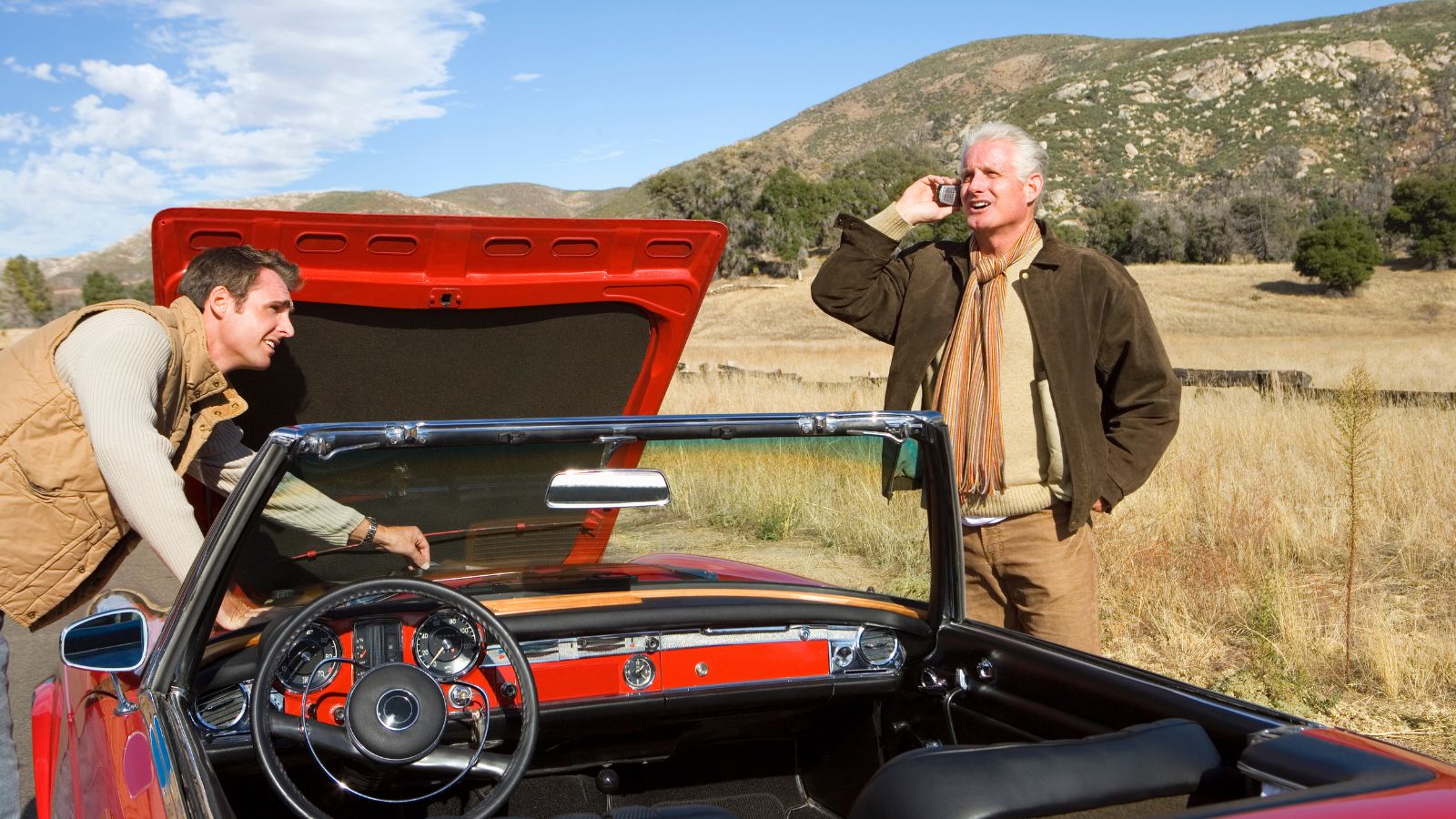
Modern cars with electronic ignition and computerized fuel injectors are much more reliable than classics in extreme weather. Driving in snow, rain, or heat can lead to breakdowns and getting stranded. Many owners restrict use to fair-weather seasons, limiting how often the car can be enjoyed.
Difficulty Finding Parts
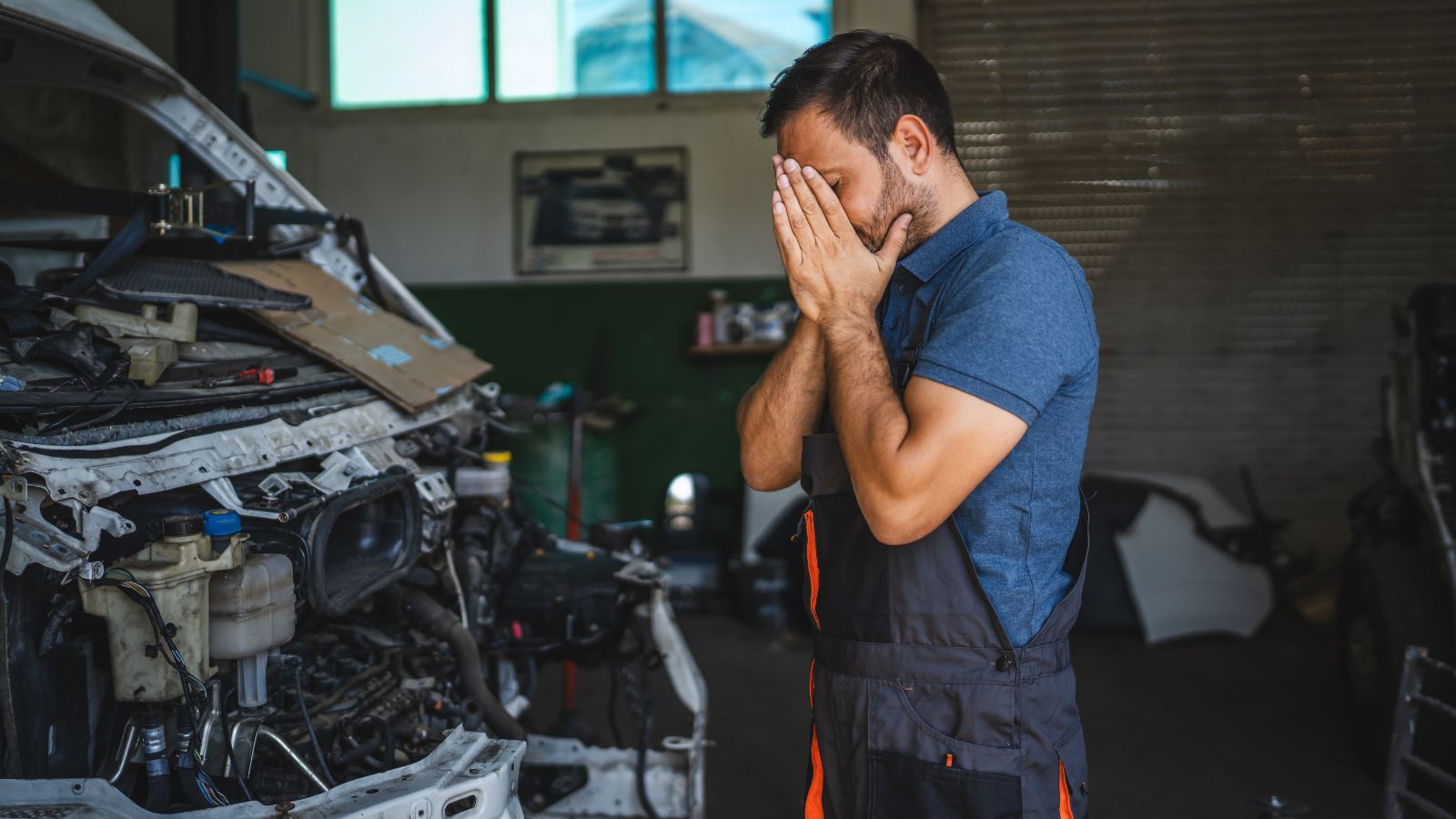
The older a car gets, the tougher it is to find spare parts. Items for classic cars are often rare and expensive. Tracking down authentic components means scouring specialty shops, online forums, or auctions. The hunt can be time-consuming and frustrating, especially for less common models.
Specialized Knowledge Required
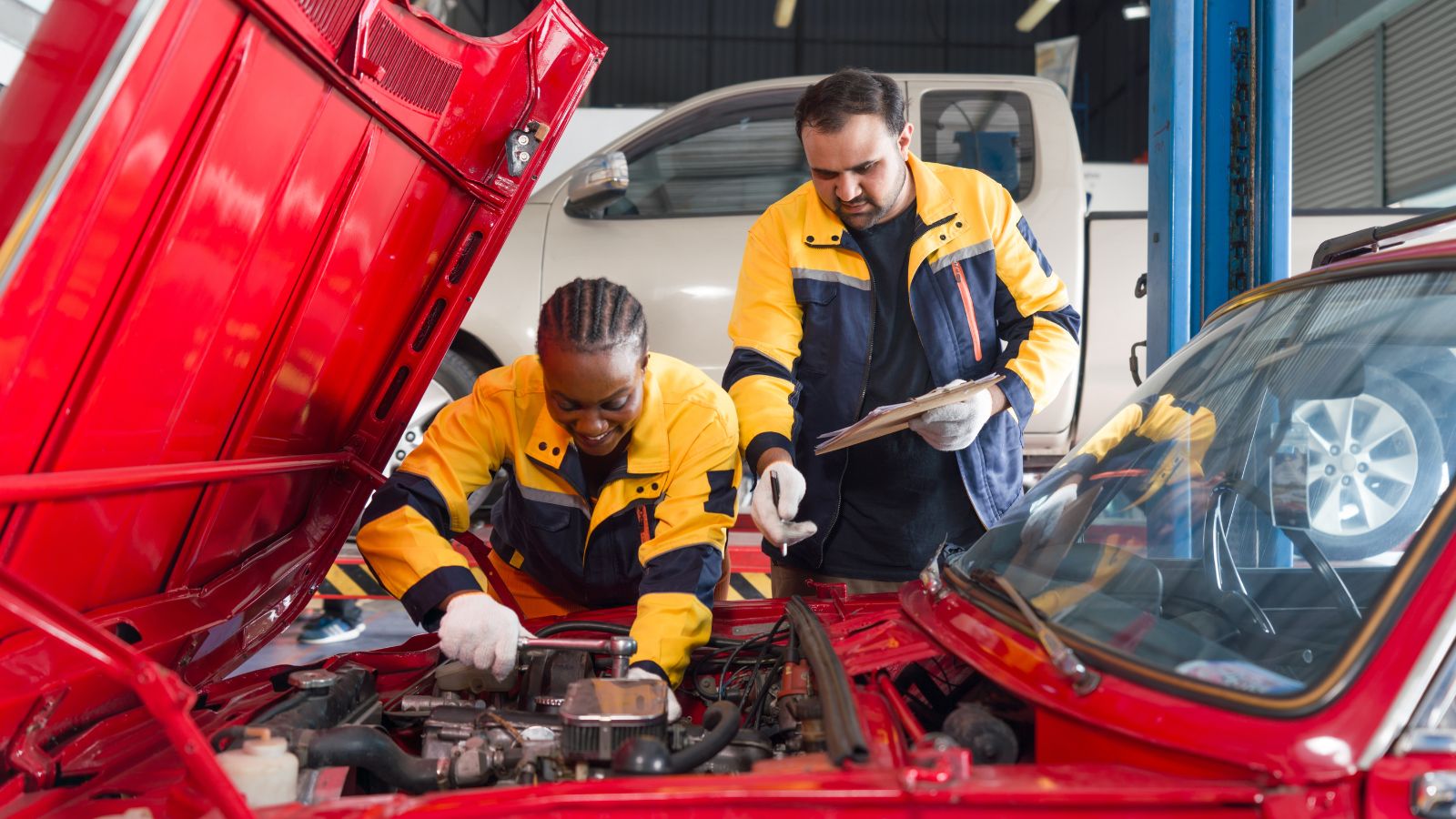
Classic cars demand a level of knowledge and mechanical skill that not all drivers have. It takes a lot of experience to understand how to troubleshoot issues, maintain older technology, or tune fiddly carburetors. If you’re not mechanically inclined, owning a classic means paying specialized mechanics.
Not Always Legal or Compliant

Many older vehicles were built before modern safety and environmental standards were established, meaning they often lack critical features like seat belts, airbags, or emissions control systems.
Keeping them compliant might require expensive modifications that diminish their authenticity.
Rust and Corrosion Are Constant Threats
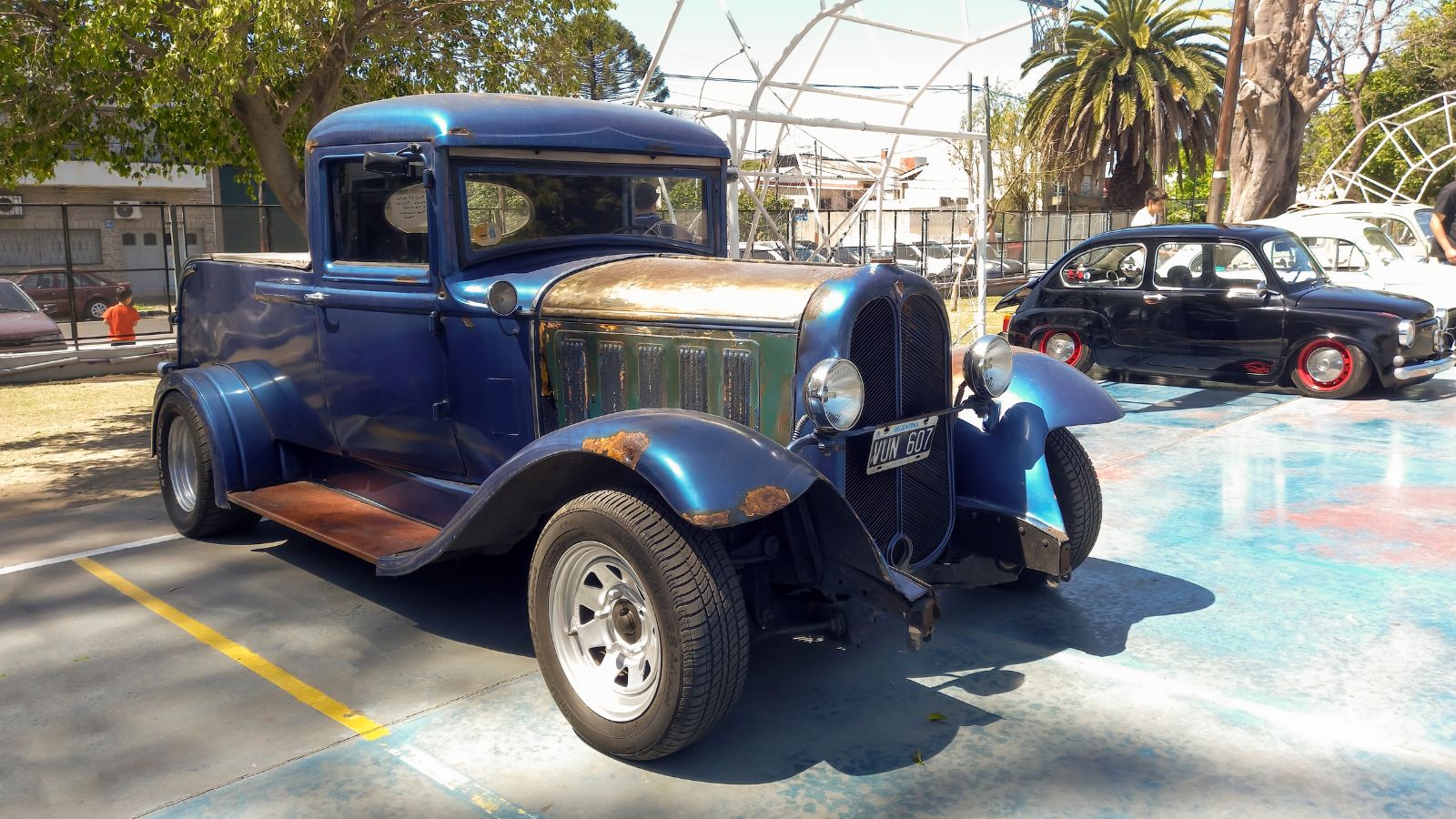
Older vehicles were not built with the same rust-resistant materials or treatments used in modern manufacturing, making them highly vulnerable to moisture and road salt. Once rust takes hold, it can spread quickly, damaging the frame, body panels, and structural integrity. Repairing rust damage is labor-intensive and costly.
